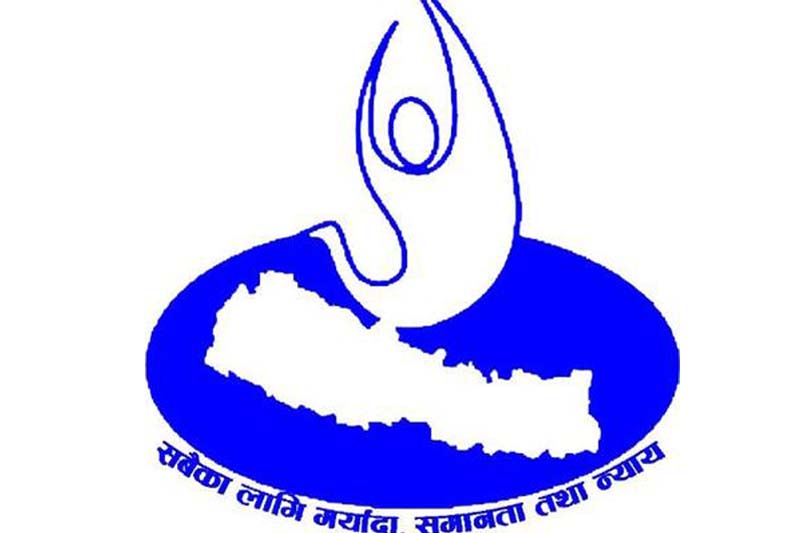44pc more women in elderly homes than men
Kathmandu, October 28
A study conducted by the National Human Rights Commission shows that senior citizens are compelled to end up in elderly homes after death of spouse.
According to the report on study and monitoring conducted for protection and promotion of human rights of older persons, lack of caretakers, and family affection and respect are other reasons why senior citizens fight against all the odds in elderly homes.
“Life of senior citizens become very difficult in family when any of the spouses die and they are forced to take refuge in elderly homes due to lack of care by his/her sons, daughters-in-law, grandsons and granddaughters, among others,” reads a report recently released by the rights body.
“Giving no or little time by family members to the older persons has also emerged as a problem for the grey population,” it says. The report warned that growing use of social networking sites, disintegration of joint families and lack of family cordiality were likely to worsen the condition of senior citizens in future.
It said children lacked knowledge how they should behave with senior citizens due to non-incorporation of value education in school curriculum. As many as 87 elderly homes are in operation in 45 districts and 22 others are under construction. Many elderly homes take care of senior citizens free of charge. A total of 1,577 senior citizens were living in elderly homes as of September 30. Of them 965 are women and 612 men. The data show that the number of women living in elderly homes is higher by 44.7 per cent compared to their men counterparts.
“The higher number of women is higher than men in elderly homes is a subject of another study. Senior citizens of Tarai origin is nominal and hence it could also be another topic of research,” says the report. The NHRC has recommended that the government develop and implement substantial policies and programmes to ensure that the government investment reaches senior citizens in an equitable manner.
The Ministry of Women, Children and Senior Citizens had invested Rs 130.1 million in the fiscal 2016/17 and Rs 110.3 million in 2017/18, the Ministry of Urban Development Rs 80.3 million in 2016/17 and Rs 100.7 million in 2017/18, and the Ministry of Finance Rs 70.1 million in 2016/17 for senior citizens. The elderly homes are also supported by Nepalis living abroad, Parliamentarian Development Fund, Lion’s Club and various international organisations.
The report said distribution of grants was not transparent. The elderly homes do not meet the standards set by Regulations of Elderly Homes and Daycare Centres. “Though there is no lack of resources for senior citizens to live and have two square meals a day due to support from samaritans, they do not have proper access to medical and health services. The elderly homes also do not have adequate caretakers,” it says.
Some senior citizens living in elderly homes are deprived for government allowance owing to the lack of citizenship certificates and procedural complexities.
The NHRC has suggested to the government to operate elderly homes and daycare centres under the responsibility of the concerned local levels, set up geriatric ward in every hospital, make arrangement of healthier workers and medicines in elderly homes with more than 10 senior citizens, provide basic services to elderly homes and distribute identification card to senior citizens, among others.






